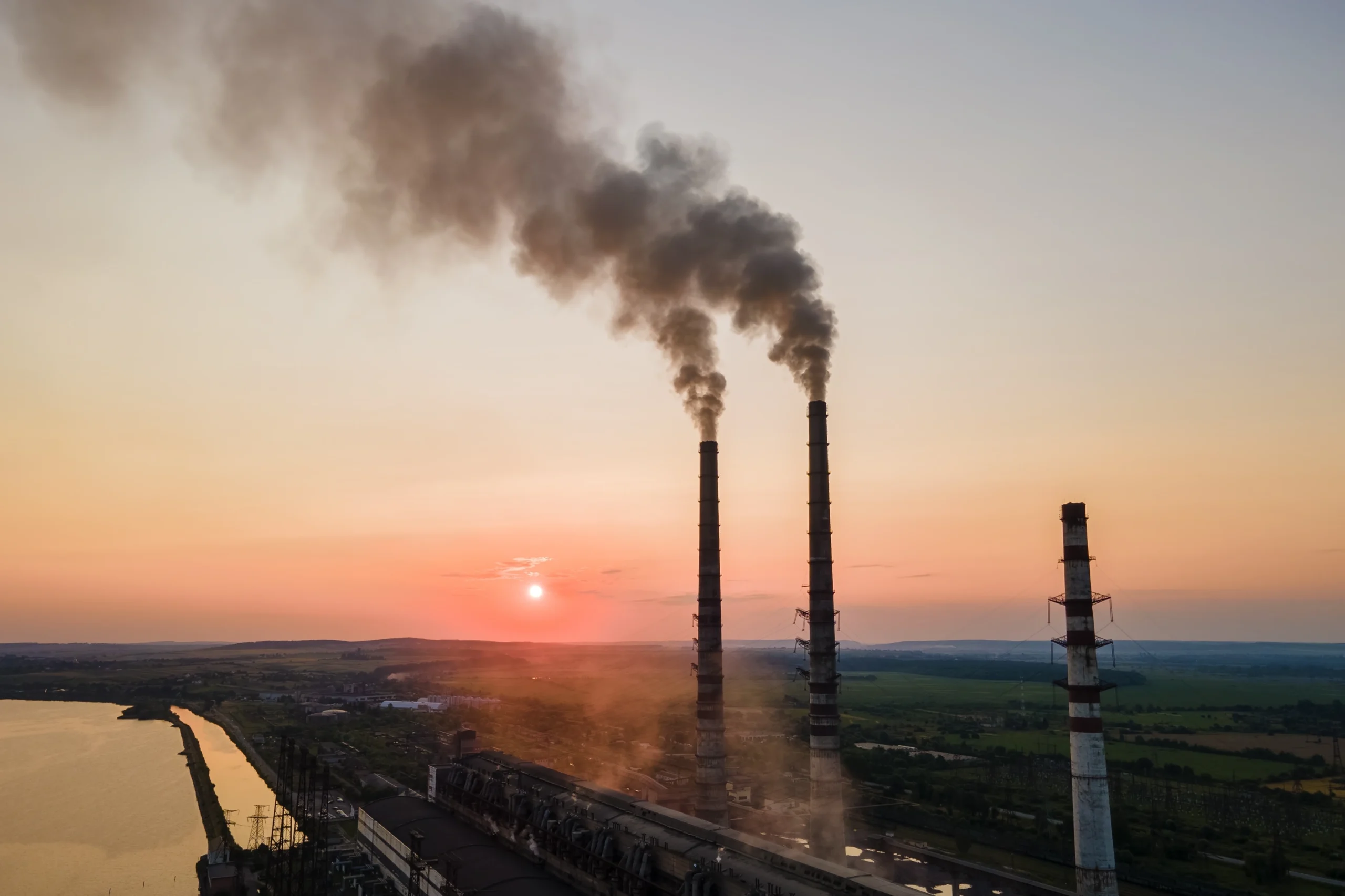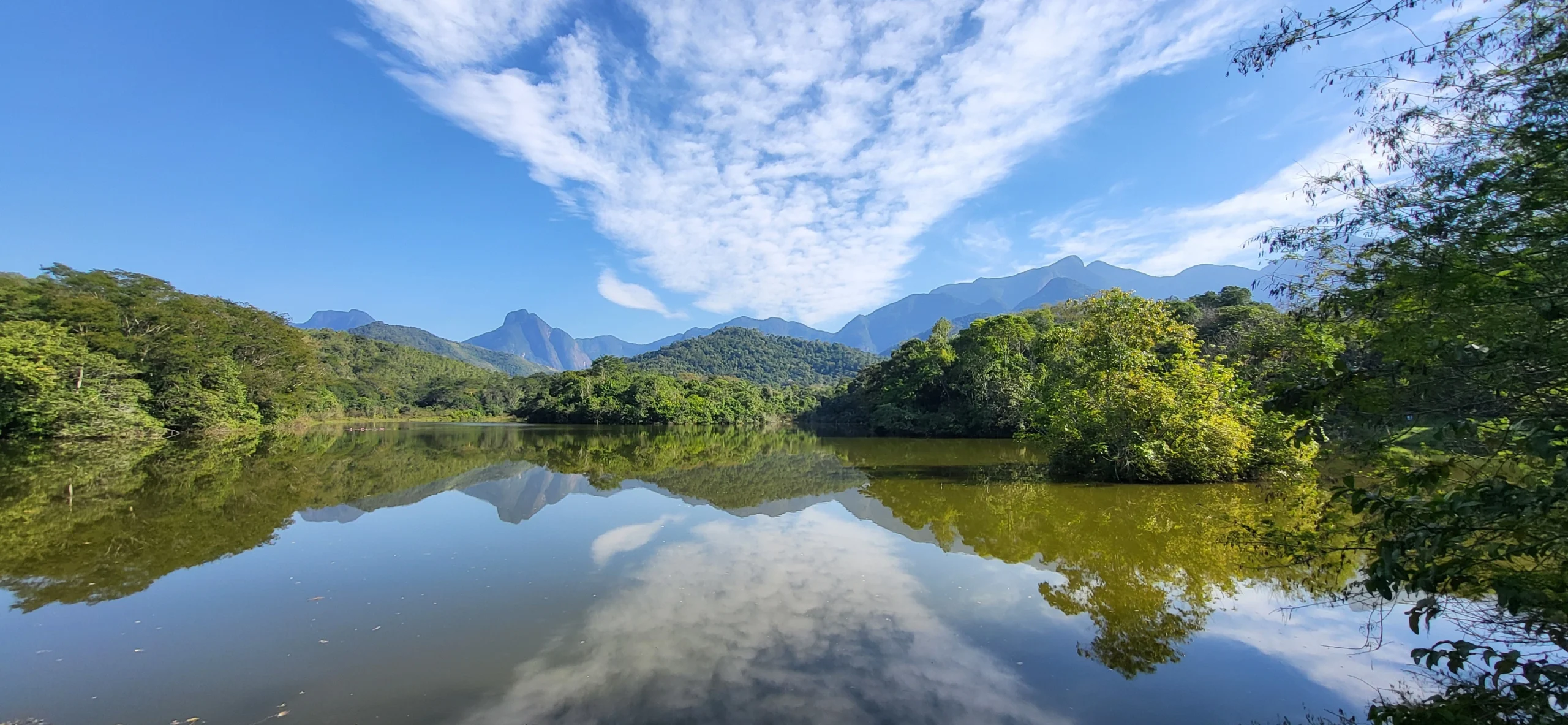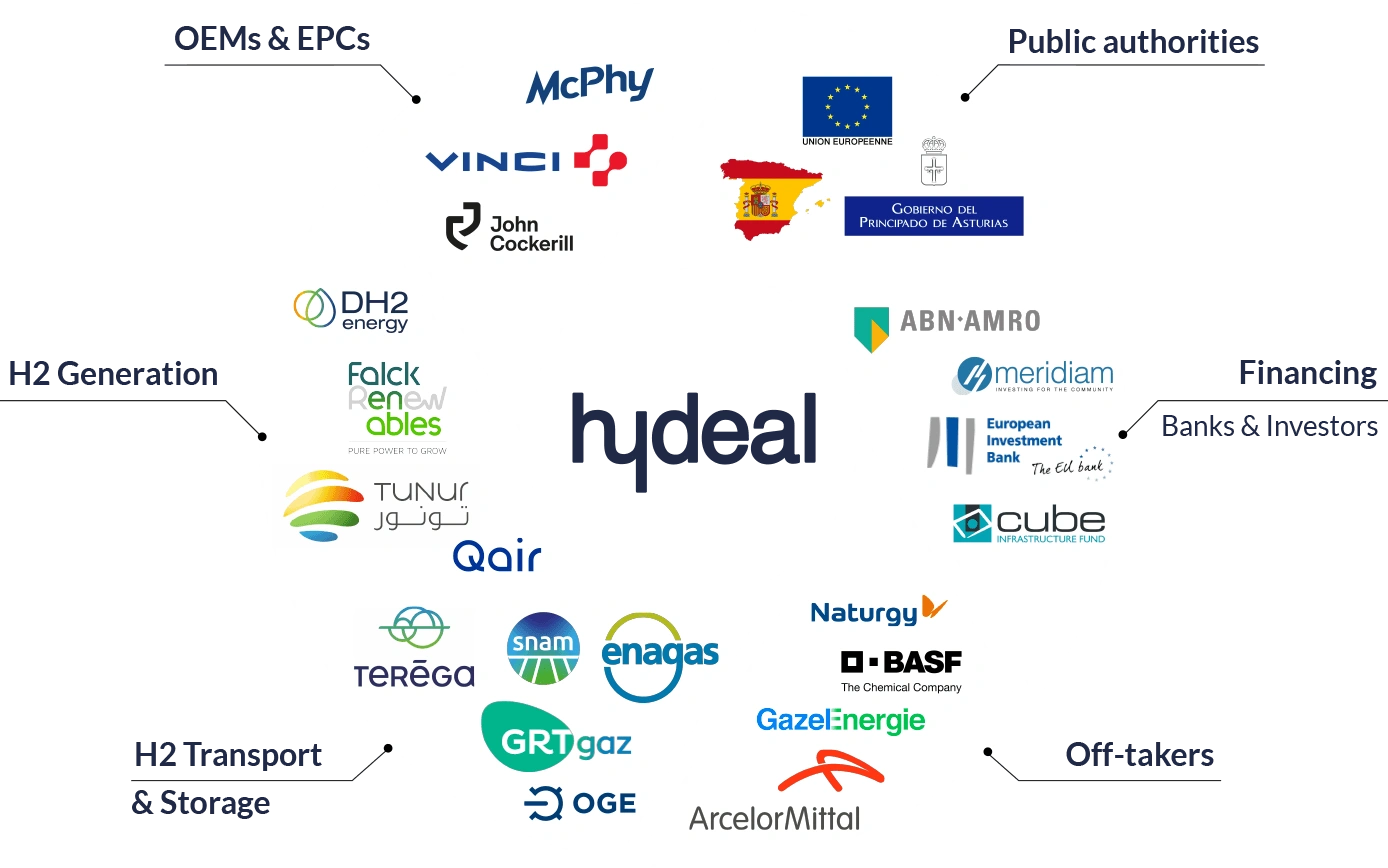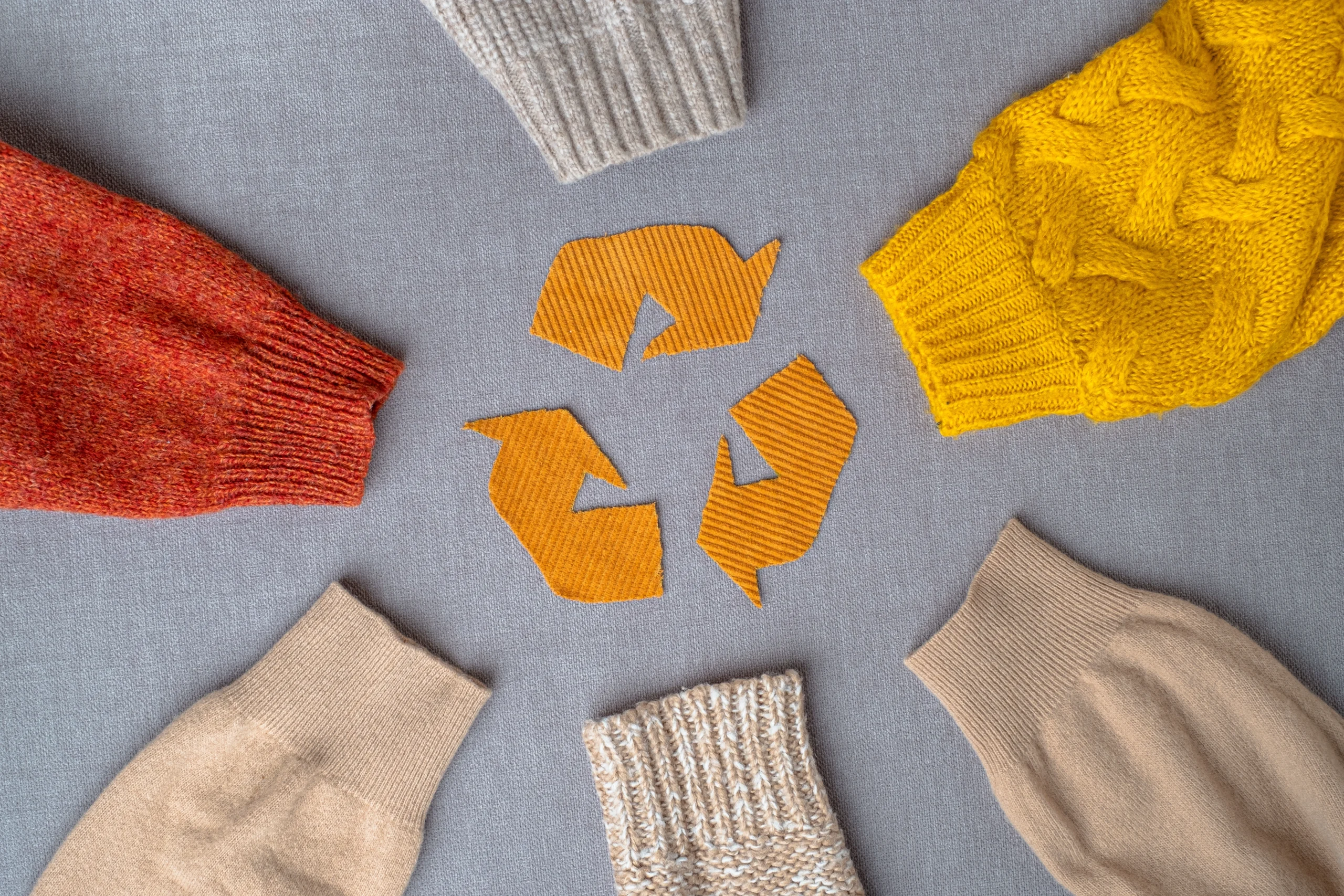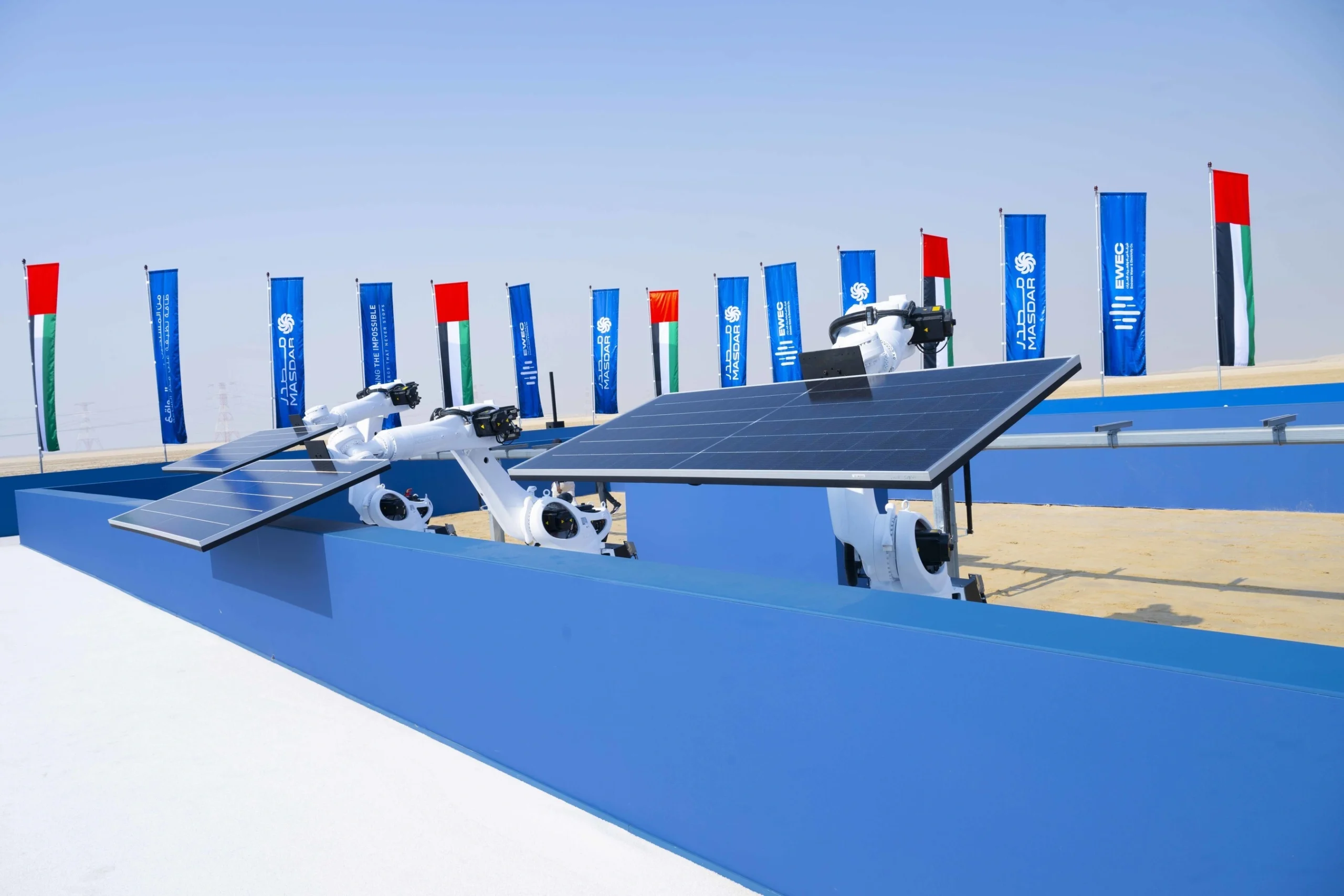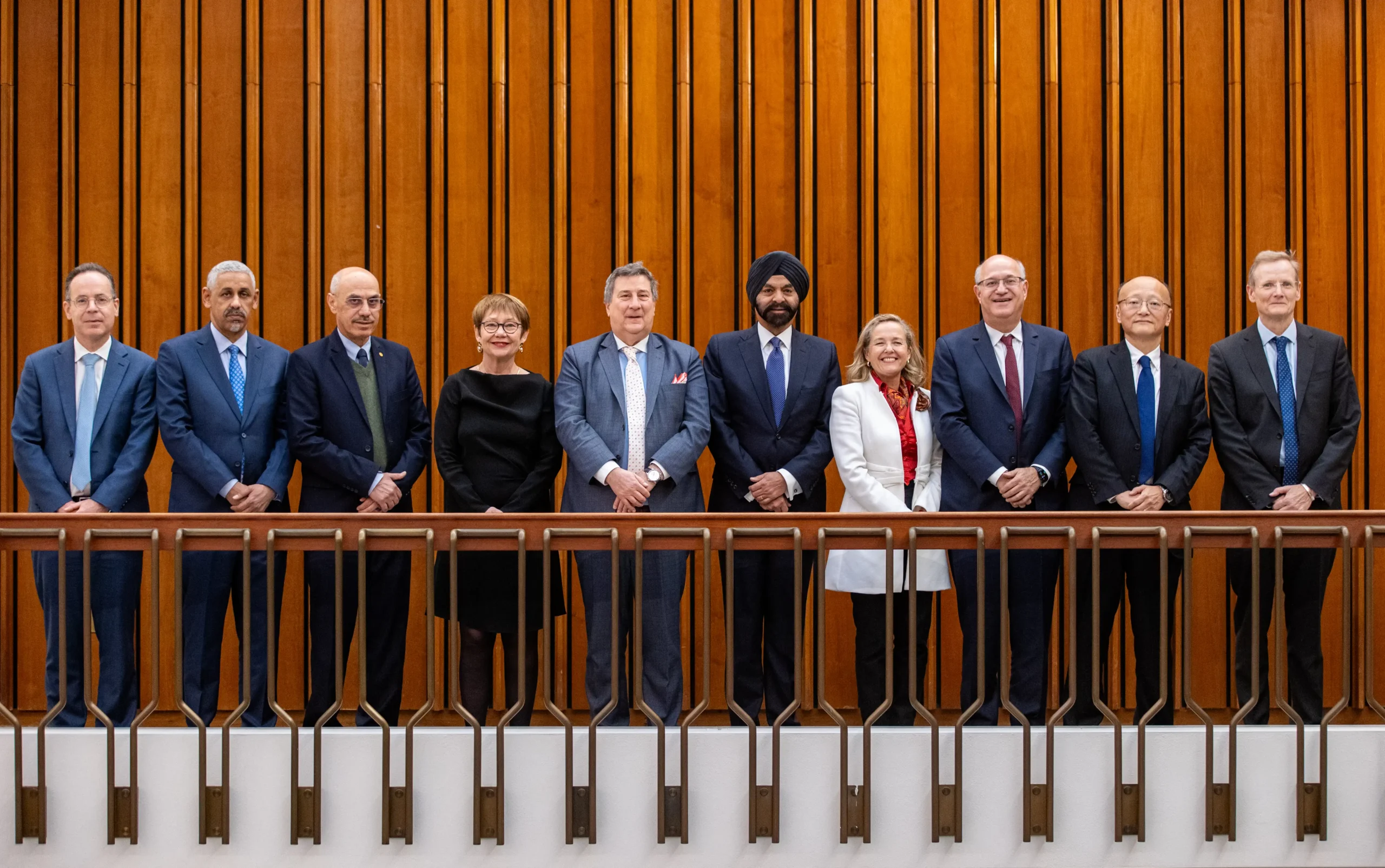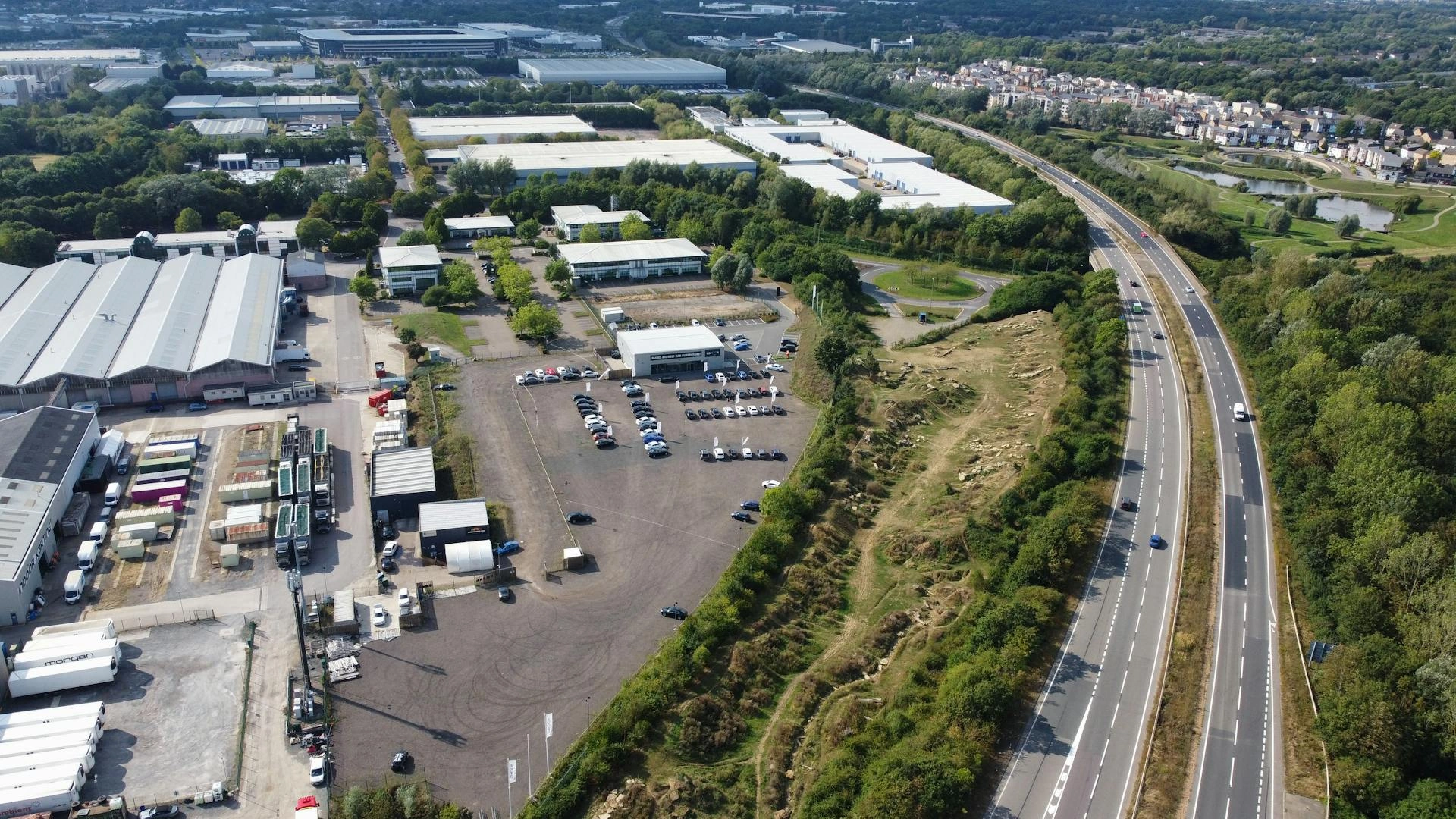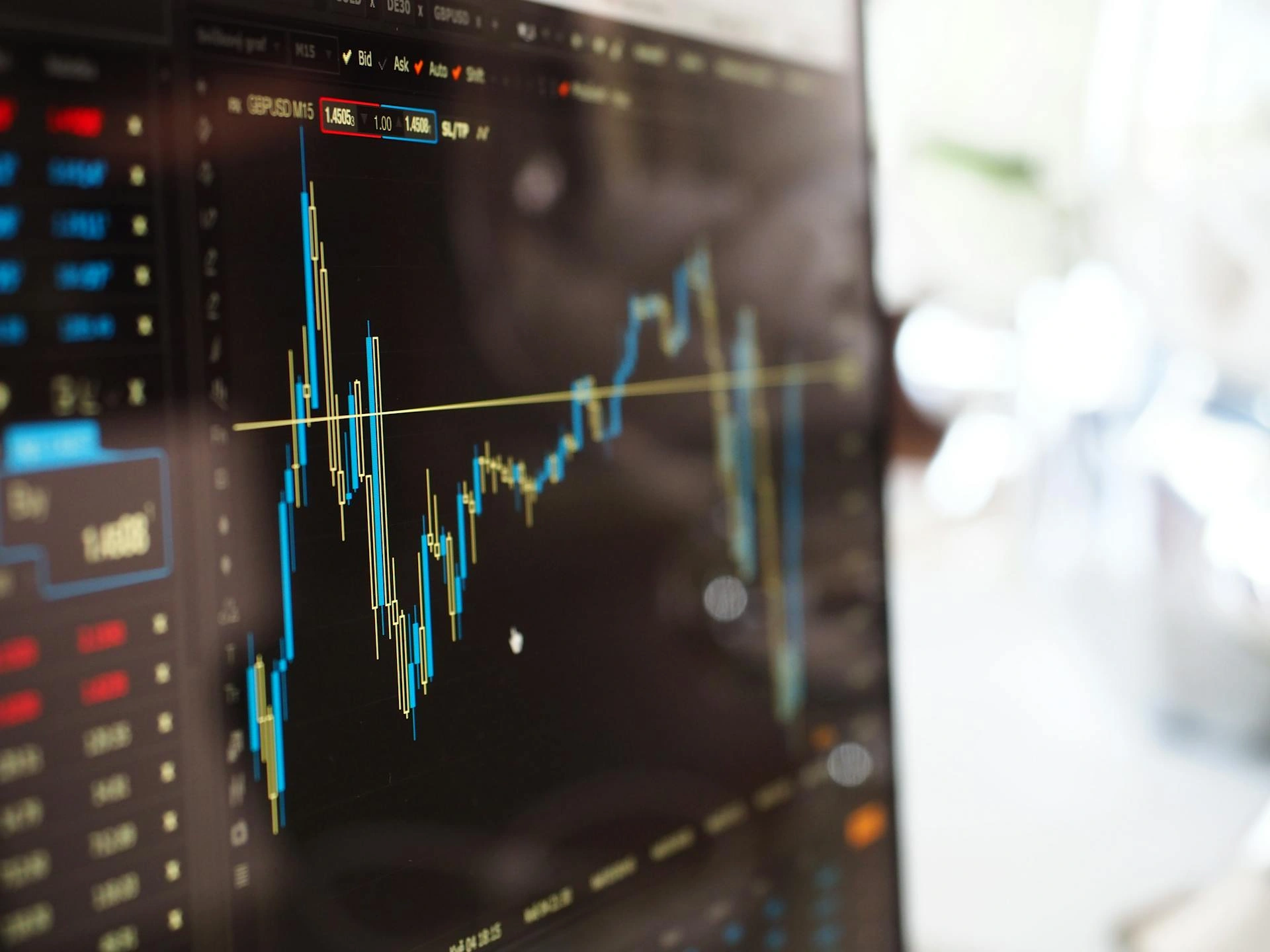PwC: G20 economics slow pace of decarbonisation

John E. Kaye
- Published
- Home, Sustainability
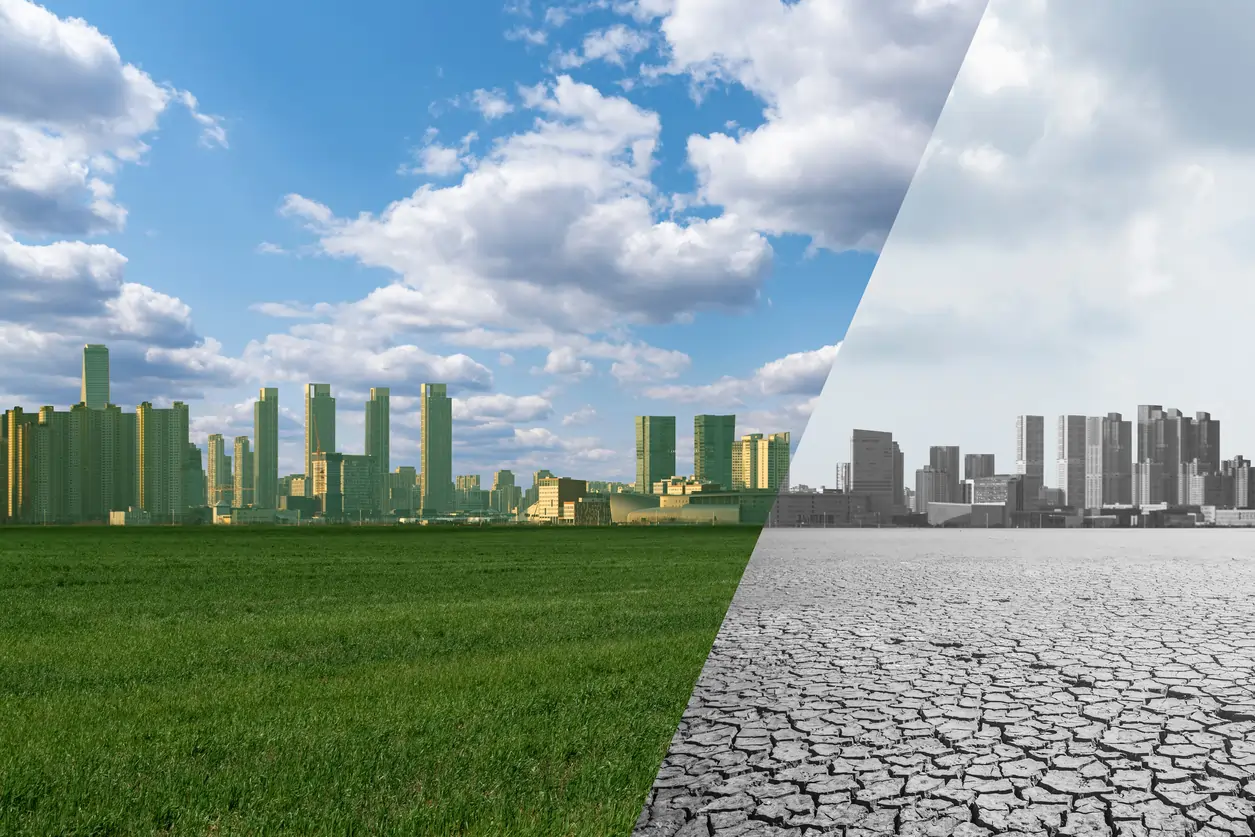
Decarbonisation rates in the Group of Twenty (G20) economies slumped to their lowest level in two decades last year, consulting firm PwC said, falling short of what is needed to reach the world’s climate goal. PwC said the pace of change needed to pick up to get back on track with an objective of capping global warming at 1.5°C. “No country in the G20 is decarbonising quickly enough to maintain a safe climate,” PwC Net Zero Economy Index showed.
Global decarbonisation fell to 0.5%, a long way below the 12.9% required to keep temperature rises in line with the target, while in the G20, it landed at just 0.2%. Dan Dowling, partner at PwC UK, said in a statement the world was falling “alarmingly” short of the rate needed to meet the Intergovernmental Panel on Climate Change’s 2030 deadline to reduce emissions by 43%.

The average global rate of decarbonisation must now reach 15.2% year-on-year, the PwC analysis revealed, 11 times faster than that achieved since 2000. Nine out of the G20 economies, which together account for around 80% of global energy-related emissions, increased their carbon intensity in 2021, PwC said, based on levels of energy consumption relative to their GDP and its carbon content.
South Africa was the strongest performer, with a decrease of 4.6%, followed by Australia at 3.3% and China at 2.8%.
“Nations must make radical changes to both their energy mix and their energy usage,” Dowling said. “If we fail, the costs of adapting to climate change will continue to increase.”
“Simply put, we do not have enough time for poor decarbonisation performance to become the norm, regardless of unexpected events, and whatever their magnitude,” he added.
RECENT ARTICLES
-
 Strong ESG records help firms take R&D global, study finds
Strong ESG records help firms take R&D global, study finds -
 How residence and citizenship programmes strengthen national resilience
How residence and citizenship programmes strengthen national resilience -
 Global leaders enter 2026 facing a defining climate choice
Global leaders enter 2026 facing a defining climate choice -
 EU sustainability rules drive digital compliance push in Uzbekistan ahead of export change
EU sustainability rules drive digital compliance push in Uzbekistan ahead of export change -
 China’s BYD overtakes Tesla as world’s largest electric car seller
China’s BYD overtakes Tesla as world’s largest electric car seller -
 UK education group signs agreement to operate UN training centre network hub
UK education group signs agreement to operate UN training centre network hub -
 Mycelium breakthrough shows there’s mush-room to grow in greener manufacturing
Mycelium breakthrough shows there’s mush-room to grow in greener manufacturing -
 Oxford to host new annual youth climate summit on UN World Environment Day
Oxford to host new annual youth climate summit on UN World Environment Day -
 Exclusive: Global United Nations delegates meet in London as GEDU sets out new cross-network sustainability plan
Exclusive: Global United Nations delegates meet in London as GEDU sets out new cross-network sustainability plan -
 Fast fashion brands ‘greenwash’ shoppers with guilt-easing claims, study warns
Fast fashion brands ‘greenwash’ shoppers with guilt-easing claims, study warns -
 Private sector set to overtake government as main driver of corporate sustainability in 2026, report suggests
Private sector set to overtake government as main driver of corporate sustainability in 2026, report suggests -
 Sir Trevor McDonald honoured at UWI London Benefit Dinner celebrating Caribbean achievement
Sir Trevor McDonald honoured at UWI London Benefit Dinner celebrating Caribbean achievement -
 Historic motorsport confronts its energy future
Historic motorsport confronts its energy future -
 Protecting the world’s wild places: Dr Catherine Barnard on how local partnerships drive global conservation
Protecting the world’s wild places: Dr Catherine Barnard on how local partnerships drive global conservation -
 Europe’s HyDeal eyes Africa for low-cost hydrogen link to Europe
Europe’s HyDeal eyes Africa for low-cost hydrogen link to Europe -
 Fabric of change
Fabric of change -
 Courage in an uncertain world: how fashion builds resilience now
Courage in an uncertain world: how fashion builds resilience now -
 UAE breaks ground on world’s first 24-hour renewable power plant
UAE breaks ground on world’s first 24-hour renewable power plant -
 China’s Yancheng sets a global benchmark for conservation and climate action
China’s Yancheng sets a global benchmark for conservation and climate action -
 Inside Iceland’s green biotechnology revolution
Inside Iceland’s green biotechnology revolution -
 Global development banks agree new priorities on finance, water security and private capital ahead of COP30
Global development banks agree new priorities on finance, water security and private capital ahead of COP30 -
 UK organisations show rising net zero ambition despite financial pressures, new survey finds
UK organisations show rising net zero ambition despite financial pressures, new survey finds -
 Gulf ESG efforts fail to link profit with sustainability, study shows
Gulf ESG efforts fail to link profit with sustainability, study shows -
 Redress and UN network call for fashion industry to meet sustainability goals
Redress and UN network call for fashion industry to meet sustainability goals -
 World Coastal Forum leaders warn of accelerating global ecosystem collapse
World Coastal Forum leaders warn of accelerating global ecosystem collapse



